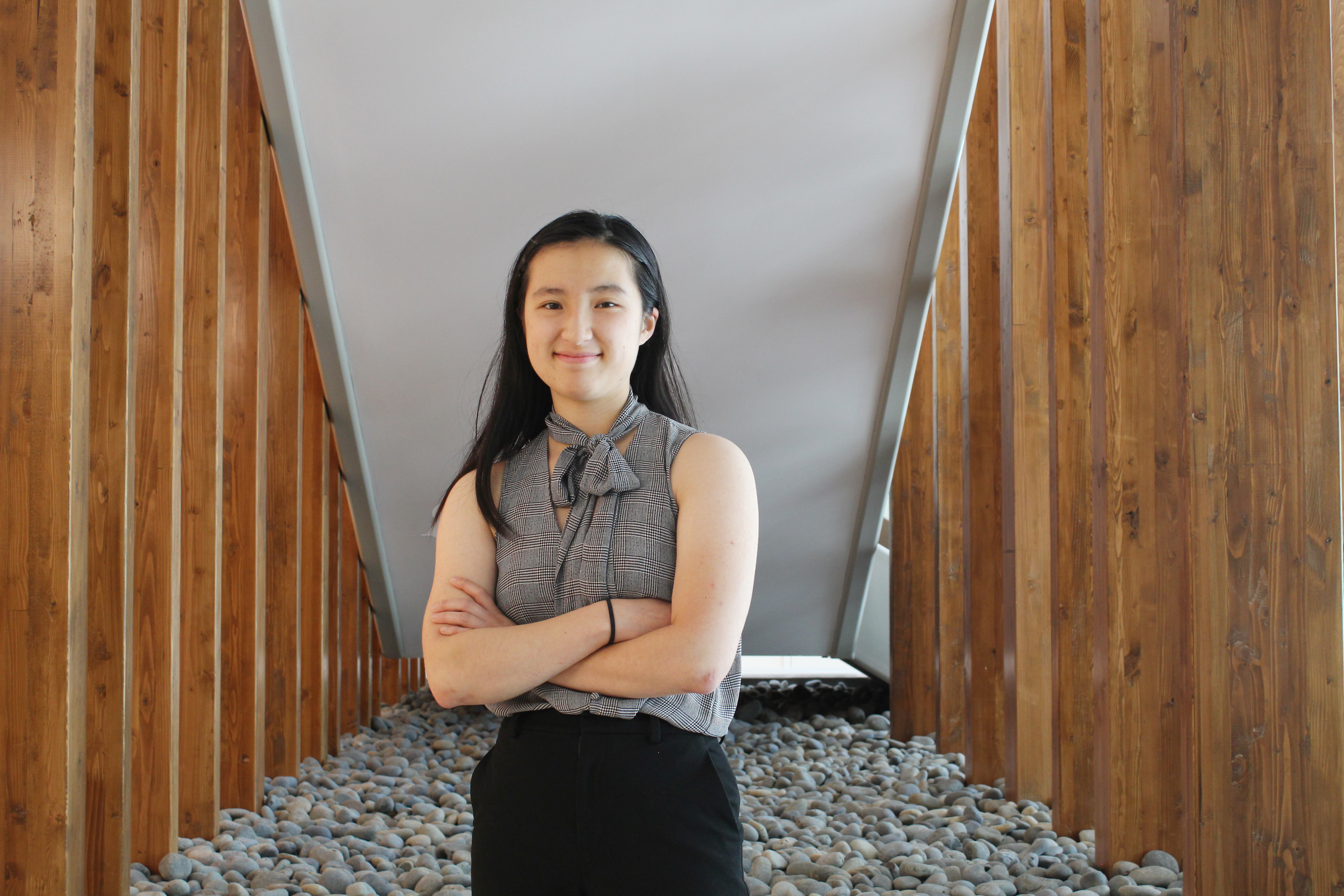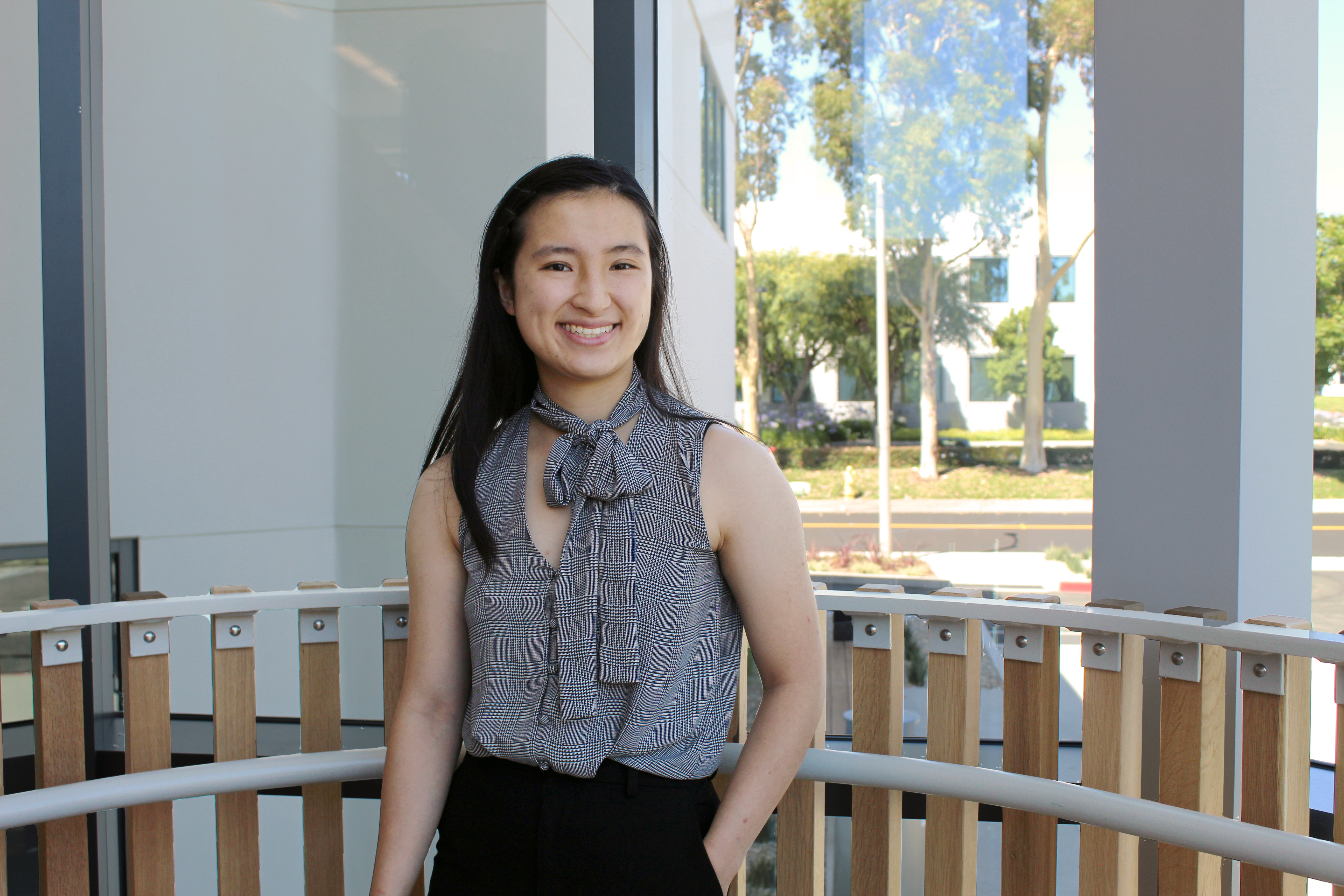Pharmacy Students in the Field: What are IPPE Rotations?
July 26, 2023
Woven into the PharmD curriculum, IPPEs have secured Megan Shieh’s confidence in her future in healthcare. Introductory Pharmacy Practice Experiences, otherwise known as IPPEs, expose future pharmacists to a variety of healthcare settings and provide valuable learning opportunities both inside and outside the classroom.
These trimesterly courses send PharmD candidates like Megan into a rich variety of practice sites to gain experience during rotations in ambulatory care/primary care, community pharmacy, and hospital/acute care settings where they provide care to patients under the supervision of experienced pharmacists. While in rotation, students continue to be supported by Chapman University’s experiential faculty and staff, including discussing their rotation experiences and current assignments.
These rotations provide pharmacy students with hands-on experience to further develop essential pharmacy practice skills and gain valuable insights into their future career options. “All of the rotations give valuable insight into teamwork and communication, be it with patients, pharmacists, or other professionals in the healthcare field,” Megan says. Regardless of the rotation settings, each rotation exposed her to the many settings where pharmacists function and solidified her interest in the field.
Certain rotations, like at the Children’s Hospital of Orange County give students greater focus on pediatrics, and some give more insight to patients with psychiatric conditions, like at the Patton State Hospital. These specialized experiences broaden students’ knowledge and help them discover areas of interest within the pharmacy field. Regardless of the rotation type, there is one thing that Megan wants to make known: “I cannot understate the value of excellent preceptors in this field. Although they have all had different approaches, all of my preceptors were eager to teach; my experience would not have been as enriching had it not been for their support.”
 One of the most significant benefits of IPPE rotations is the hands-on experience they provide. Students work alongside pharmacists, engaging in teamwork and communication with patients, pharmacists, and other healthcare professionals. These interactions sharpen their interpersonal skills and enhance their ability to collaborate effectively in a healthcare setting.
One of the most significant benefits of IPPE rotations is the hands-on experience they provide. Students work alongside pharmacists, engaging in teamwork and communication with patients, pharmacists, and other healthcare professionals. These interactions sharpen their interpersonal skills and enhance their ability to collaborate effectively in a healthcare setting.
IPPE rotations and classroom learning have the potential to synergistically reinforce students’ understanding of various subjects. “For example, following up with patients with diabetes to ensure they were meeting their health goals and taking guideline-recommended medications enforced my understanding of endocrinology and cardiology, allowing me to better retain the information”, she says. While activities experienced during rotations are not necessarily designed to directly align with what is taught didactically, the classroom and experiential learning opportunities typically do enhance the other. This blend of theory and practice creates a well-rounded learning experience, preparing students for their future roles as pharmacists.
One crucial piece of advice from experienced students is to embrace project opportunities during IPPE rotations.
“Hands-on work is an excellent way to immerse yourself in your position, depending on what type of rotation you have. Even though it may seem like a lot of work on top of a potentially busy schedule, this IPPE might be your only opportunity during pharmacy school to pursue a specific type of project in healthcare during your time as a pharmacy student.”
Megan’s parting advice to incoming pharmacy students? Request to be placed with that preceptor if it strikes your interest, even if it’s a longer drive. “A lot of people are hesitant to drive long distances to rotations, but I encourage students to do so if they have a rotation that seems interesting to them!”



